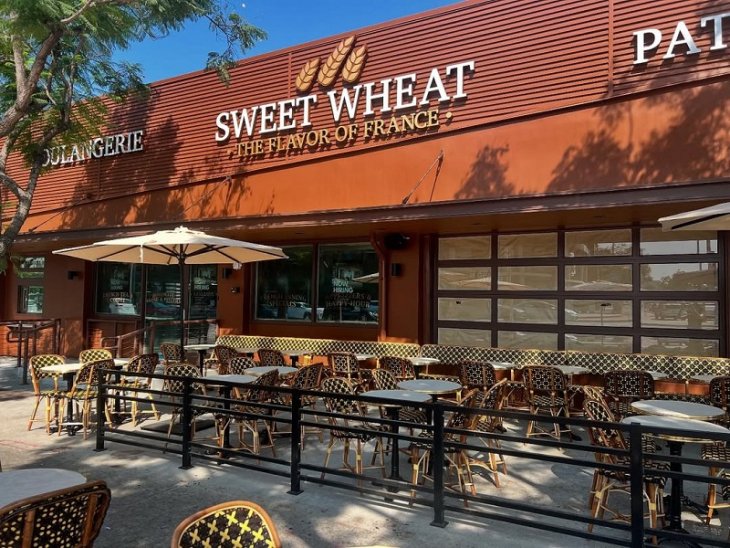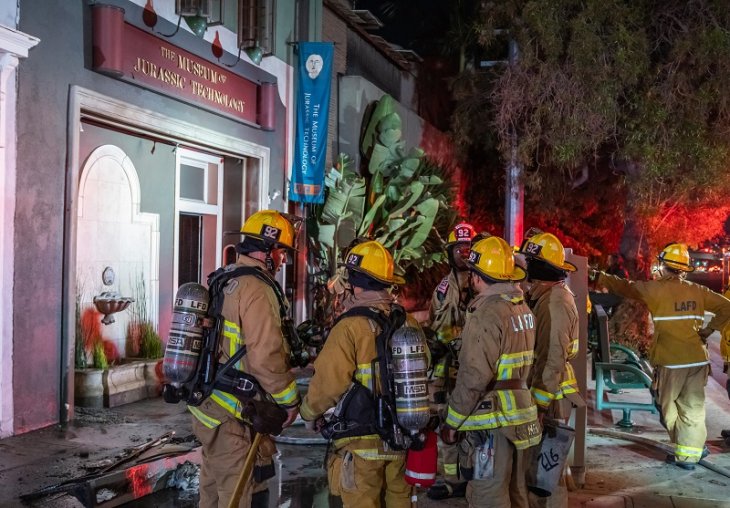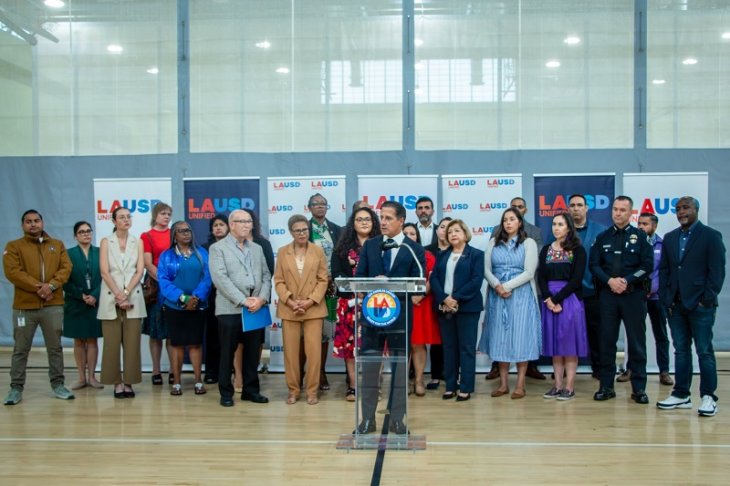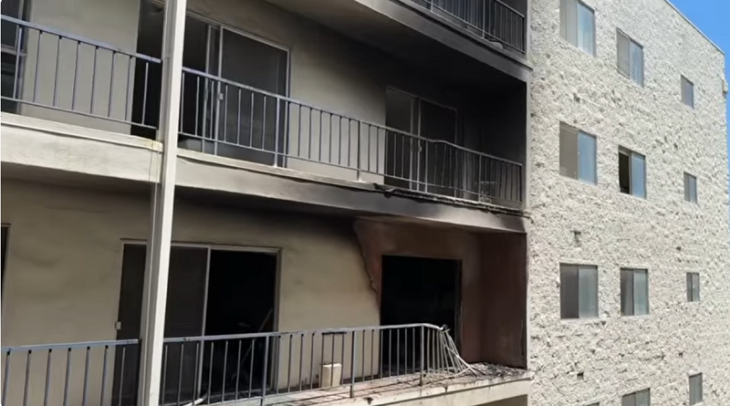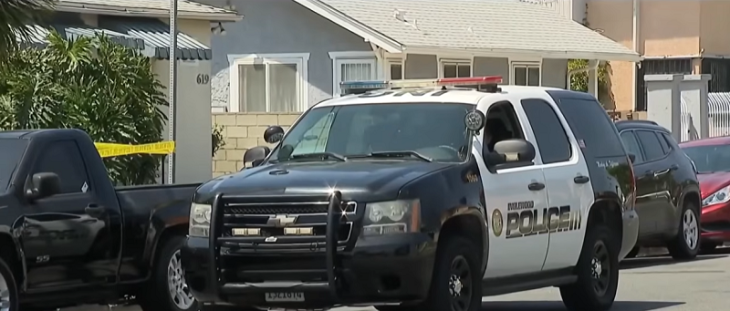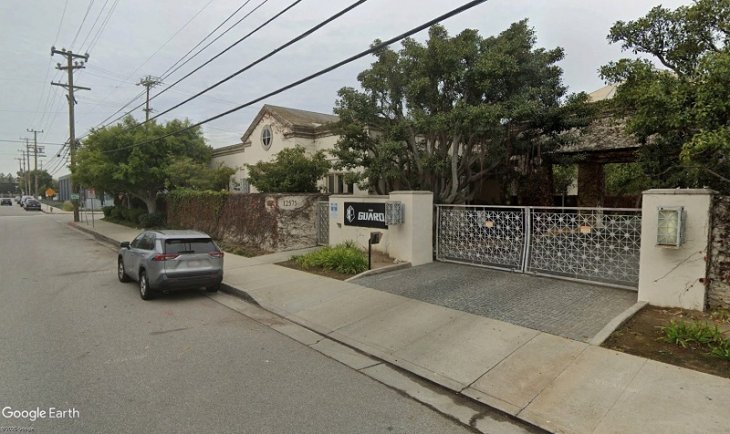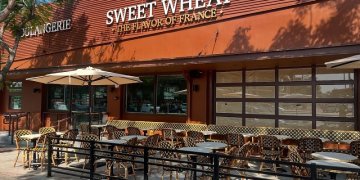Real Estate Experts and Landlords Push for Earlier Conclusion
By Dolores Quintana
Even though the city of Los Angeles is scheduled to end its rent freeze on rent-controlled housing in February of 2024, that’s not soon enough for landlords and urban planning experts. The rent freeze is the only such measure that a major American city has instituted, as reported by the Los Angeles Times.
Approximately three-quarters of the city’s apartments fall under the umbrella of rent-controlled units. While tenant unions are in favor of rent control, some policy analysts argue that the pandemic-era emergency rent freeze initiated in early 2020 has adverse effects, reducing the development of affordable housing and prompting property providers to exit the market. This rent freeze impacts 624,000 rent-controlled apartments.
Although Los Angeles officially terminated its local COVID-19 state of emergency in February, the rent freeze was extended until February 1st of the following year.
Michael Lens, an associate professor of urban planning and public policy at UCLA, expressed reservations about the rent freeze, stating, “We have an affordability crisis and a homelessness crisis that absolutely demands urgent action, but a rent freeze is not the best solution.” He suggested that the city should explore policies such as expanding housing subsidies rather than prolonging the rent freeze.
For many renters, the freeze is a much-needed safety net, enabling them to maintain housing stability as they contend with rising expenses and the economic impact of the pandemic. However, landlords argue that they were overlooked during this debate, forced to tap into their savings and allow tenants to accumulate substantial rent arrears, even dipping into retirement funds originally intended to secure their future.
Jim Lapides, Vice President of Advocacy and Strategic Communications for the National Multifamily Housing Council, voiced concerns, saying, “In a city like L.A. that needs investment in housing, the last thing you want to do is drive away the people who are going to do the investment in housing. And that’s what’s taking place right now.”
Lapides pointed out that evidence suggests rent control can raise costs for non-rent-controlled units. In San Francisco, one study noted that landlords, in response to rent control, reduced their supply of rental units by 15 percent, resulting in a 5.1 percent increase in rents citywide. This year, homelessness in the city of Los Angeles surged by 10 percent, with an estimated 46,260 residents experiencing homelessness.
Shanti Singh of Tenants Together cautioned city officials against lifting the rent freeze, fearing it could lead to more renters becoming homeless. She stated, “Rent increases that were allowable with inflation were still really hurting people.”
“Mom-and-pop” landlords in the city contend that the combination of increased renter protections and soaring costs is encroaching on their ability to operate. While these landlords were permitted to request a rent increase if their income couldn’t cover property expenses.
Daniel Yukelson of the Apartment Association of Greater Los Angeles filed a lawsuit against the city in July, citing the financial strain on landlords caused by the rent freeze. Yukelson claims that the application process to apply for a rent increase is burdensome, requiring a substantial amount of financial information and navigating bureaucratic hurdles.

